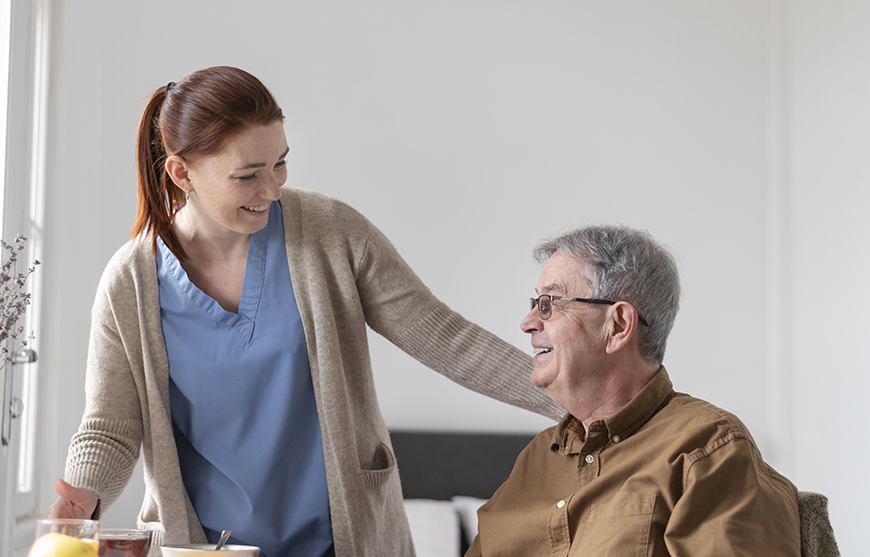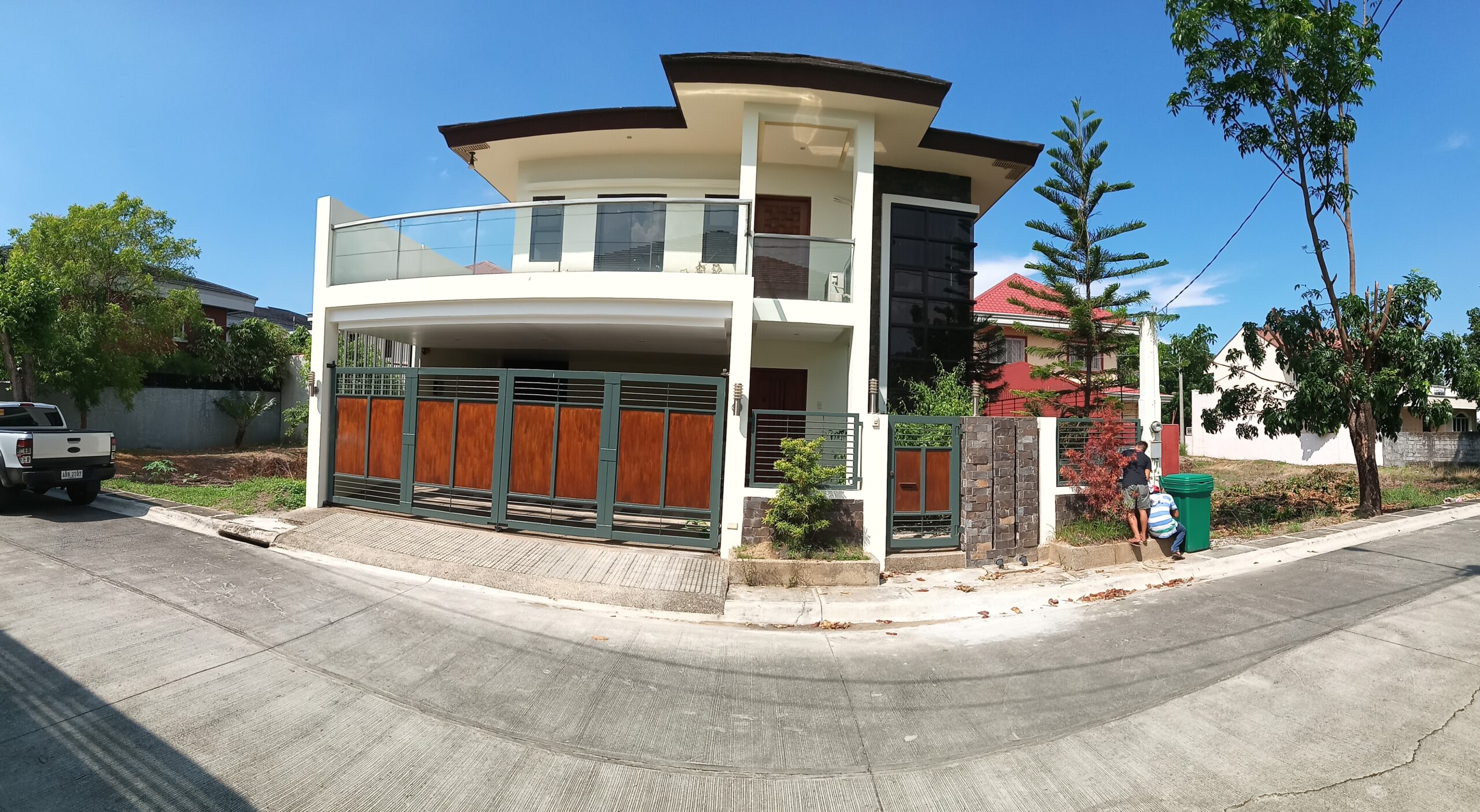Providing round-the-clock support for a loved one is more than just offering basic assistance. 24/7 home care services are designed to deliver continuous care, comfort, and companionship for individuals who need constant supervision or support. Unlike standard home care, which often provides services for a few hours a day, 24/7 care ensures that help is available every hour, every day. This type of service is particularly essential for seniors with chronic illnesses, individuals recovering from surgery, or those living with conditions such as dementia or Alzheimer’s disease. Families often find peace of mind knowing their loved ones are not left alone during critical times. These services are tailored to the unique needs of each individual, offering both physical assistance and emotional support. The continuous presence of trained caregivers can significantly improve safety, reduce risks of accidents, and enhance overall quality of life.
Understanding 24/7 Home Care Services
24/7 home care services are specialized programs that provide around-the-clock assistance to those who require continuous care. These services go beyond traditional home care by ensuring that someone is available at any hour to respond to emergencies or help with daily needs. The scope of care can vary depending on the individual’s condition, but it typically includes personal care, medication management, and constant monitoring. Continuous care also allows caregivers to observe changes in a patient’s health and respond quickly to any concerns. Families often feel reassured knowing that trained professionals are available to handle emergencies, reducing the stress and uncertainty that comes with caring for someone full-time. This level of support is particularly important for those with cognitive impairments, mobility issues, or chronic medical conditions. The presence of a dedicated caregiver ensures that daily routines are followed, medication schedules are maintained, and the individual receives emotional support throughout the day and night.
Key Services Offered in 24/7 Home Care
The services provided by 24/7 home care professionals are extensive and designed to meet both medical and personal needs. Some of the core offerings include:
- Personal care assistance such as bathing, grooming, dressing, and hygiene support
- Medication management, including reminders, organization, and administration
- Meal preparation tailored to specific dietary needs and nutritional plans
- Companionship and emotional support to reduce feelings of loneliness or isolation
- Mobility assistance, helping individuals move safely around the home and preventing falls
- Nighttime supervision, ensuring safety and comfort throughout the night
These services not only help maintain physical health but also improve mental and emotional well-being. Care plans can be customized to meet the individual’s specific needs, allowing caregivers to provide the exact level of support required. Many families choose 24/7 home care to avoid moving their loved ones into nursing facilities while still ensuring high-quality care at home.
Who Benefits Most from 24/7 Home Care
Several groups of individuals benefit significantly from around-the-clock care. Seniors with chronic illnesses often require ongoing assistance with daily tasks and monitoring to prevent complications. Individuals with Alzheimer’s or dementia need constant supervision to reduce risks of wandering or accidents. Patients recovering from surgery or hospital stays may require specialized care, such as wound management, medication tracking, or physical therapy. Those with disabilities or limited mobility also benefit from having a caregiver available at all times. Families caring for loved ones often find relief in knowing that professional support is always available. Continuous care allows family members to maintain a balance between caregiving responsibilities and personal commitments. The presence of 24/7 home care services ensures that individuals receive consistent attention, which contributes to improved overall health and stability.
How 24/7 Home Care Improves Quality of Life
Having a dedicated caregiver around the clock has profound effects on the individual’s quality of life. Continuous support helps maintain independence while providing a safety net in case of emergencies. Emotional well-being is improved through companionship and meaningful interactions with caregivers. Adherence to medication schedules, nutritional plans, and medical routines is easier with professional assistance. Families experience reduced stress, knowing their loved one is in capable hands. Daily activities, from bathing to meal preparation, are completed without strain or risk of injury. The combination of physical, emotional, and social support promotes overall health and helps individuals live comfortably in their own homes.
Choosing the Right 24/7 Home Care Provider
Selecting a reliable 24/7 home care provider is essential to ensure consistent and safe care. Families should evaluate caregiver qualifications and certifications to ensure they have the appropriate training. Care plans should be flexible and tailored to the specific needs of the individual, with options to adjust as health conditions change. It is important to consider the provider’s availability and responsiveness in emergencies. Reputation, reviews, and references from other families can offer valuable insight into the quality of care. Transparency regarding costs, services, and staff turnover helps families make informed decisions. Providers that utilize technology, such as monitoring devices or telehealth systems, can enhance safety and communication, making 24/7 care more effective and reassuring.
Costs and Payment Options
The cost of 24/7 home care services can vary widely depending on the level of care, location, and specific needs of the individual. On average, families can expect to pay more than standard hourly home care due to the round-the-clock nature of the service. Insurance coverage, long-term care policies, or veteran benefits may offset some costs. Comparing in-home care to assisted living or nursing facilities often reveals that 24/7 home care is a cost-effective option that also allows individuals to remain in a familiar environment. Some providers offer flexible payment plans or sliding scale rates to accommodate family budgets. Evaluating the full range of services included in the price ensures families receive value without compromising quality. Ultimately, investing in continuous home care contributes to safety, independence, and peace of mind for both individuals and their families.
Technological Support in 24/7 Home Care
Modern technology has significantly enhanced the effectiveness of 24/7 home care services. Monitoring devices, fall detection sensors, and emergency alert systems allow caregivers to respond immediately to any urgent situations. Telehealth services enable remote communication with medical professionals, ensuring timely consultations and adjustments to care plans. Technology also supports daily routines by providing medication reminders, tracking sleep patterns, and monitoring vital signs. This integration of technology with human care ensures a higher level of safety and oversight. Caregivers can be notified instantly if something is amiss, providing an extra layer of security. For families, this means that even if they are not physically present, their loved ones are constantly monitored and supported.
Frequently Asked Questions
- What is included in 24/7 home care services?
24/7 home care typically includes personal care, medication management, companionship, meal preparation, mobility assistance, and emergency supervision. - How is 24/7 care different from hourly care?
Hourly care provides assistance for limited hours, while 24/7 care ensures continuous support, monitoring, and immediate response at all times. - Can home care services be tailored to specific medical conditions?
Yes, care plans are fully customizable to address specific health needs, dietary requirements, and mobility limitations. - How do I know if a loved one needs 24/7 care?
Indicators include frequent falls, medication management challenges, cognitive impairments, or the need for constant supervision. - Are caregivers trained to handle emergencies?
Yes, professional caregivers undergo training to respond to medical emergencies, falls, and other critical situations efficiently.
Takeaway
Investing in 24/7 home care services ensures that your loved ones receive continuous support, personalized attention, and the safety they deserve. It not only helps maintain independence and comfort but also reduces the emotional and physical burden on family members. With the right provider, comprehensive care plans, and technological support, 24/7 home care creates a nurturing environment where individuals can thrive at home. Whether for seniors, patients recovering from illness, or those with chronic conditions, around-the-clock home care transforms daily living into a secure, healthy, and fulfilling experience.










